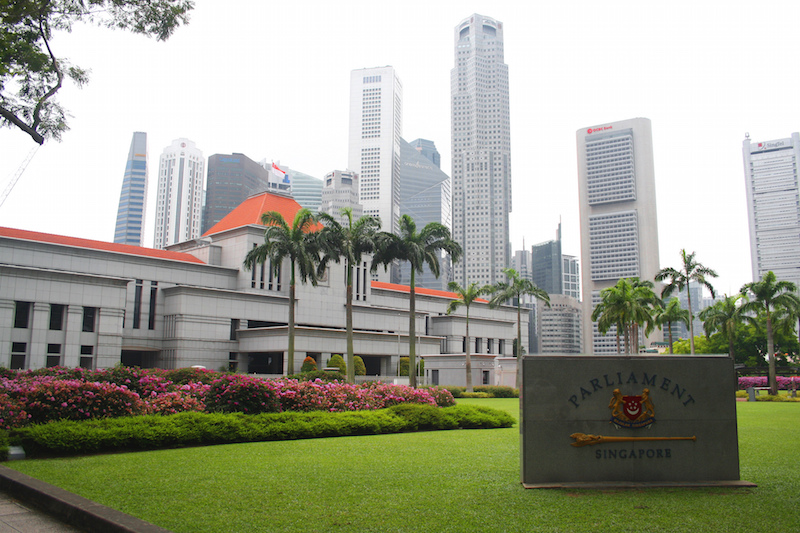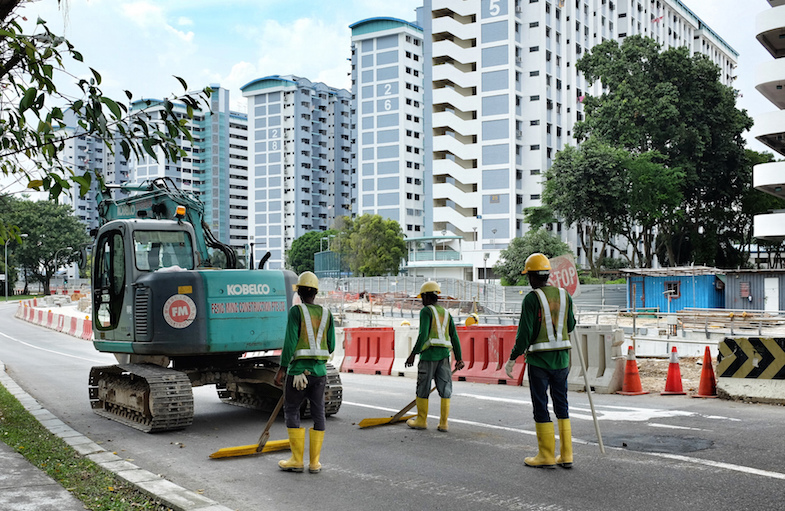In the wake of the Brexit campaign, optimistic economists and politicians held Singapore as a prime example of the exponential success that could be achieved when breaking away from a bigger union.
In other words, the simplistic view is that Brexit = Singapore’s separation from Malaysia in 1965.
The “Singapore model” has been upheld so much that Prime Minister Theresa May even threatened the European neighbours that they’ll transform into a Singapore-style tax haven should Europe refuse to give UK a favourable trade deal. By severely slashing taxes, Britain’s veiled threat is to get a huge leg up on its former European Union partners by stealing foreign investment.
But in an extensive report by Scott Anthony of British current affairs and politics magazine New Statesman, it seems UK will never be able to emulate the unique success story of Singapore.
“The British right talks up the Singapore model, but it doesn’t quite get it,” Anthony wrote, before he went on to analyse all the elements that made our small island a ruthless success in the face of expulsion from Malaysia.
Read the full article here, and check out some highlights from the piece below:
On Singapore’s interventionist stance

“Far from being a poster-child for free-market globalization the Singapore state is unapologetically interventionist. To take the most striking example, land is nationalized and the state takes responsibility for building and selling housing. Today around 90 per cent of Singaporeans live in public housing, a sovereign wealth fund underwrites public finances and Singapore Airlines is the international flagship of the country’s enormous state enterprise sector. The founding articles of the PAP were cribbed from the British Labour Party, and the legacy of that post-war social democratic moment remains foundational to the success of twenty-first century Singapore.”
On how immigrants play a huge role in Singapore’s success

“If Britain was serious about becoming the Singapore of the West, the state would not only have to reappraise its attitude to public servants, revolutionise its housing policies and intervene in industrial development it would also have to develop a completely new type of immigration policy. Singapore is a transitory place. Immigrants make up around a quarter of the people on the island at any one time. Theirs is an aggressively tiered immigration system with South Asian, low skilled or older workers invariably on tightly policed temporary work visas, while the younger, fertile and better educated are offered more generous terms. Population control is a policy tool deployed quite ruthlessly in the national social and economic interest.”
On how Singapore’s survival-at-all-costs attitude drives prosperity

“It’s also worth pausing on the emotional consequence of Singapore’s success. Since the split with Malaysia the nation has prospered against all odds, but with its political, economic and social life still rather out-of-synch from those of its nearest neighbors it’s a society that has to shoulder serious risk. The country’s prosperity is entirely dependent on a functioning global economy – its enormous wealth cannot be self-sustained. The Singaporean middle-class live in modest flats, cannot take car ownership for granted, and are compelled to save large amounts of their monthly income by the state because they have no pension. This may likely be the path of the UK’s future but it’s not the type of bourgeoisie that many Brits still believe they can join. “





Reader Interactions